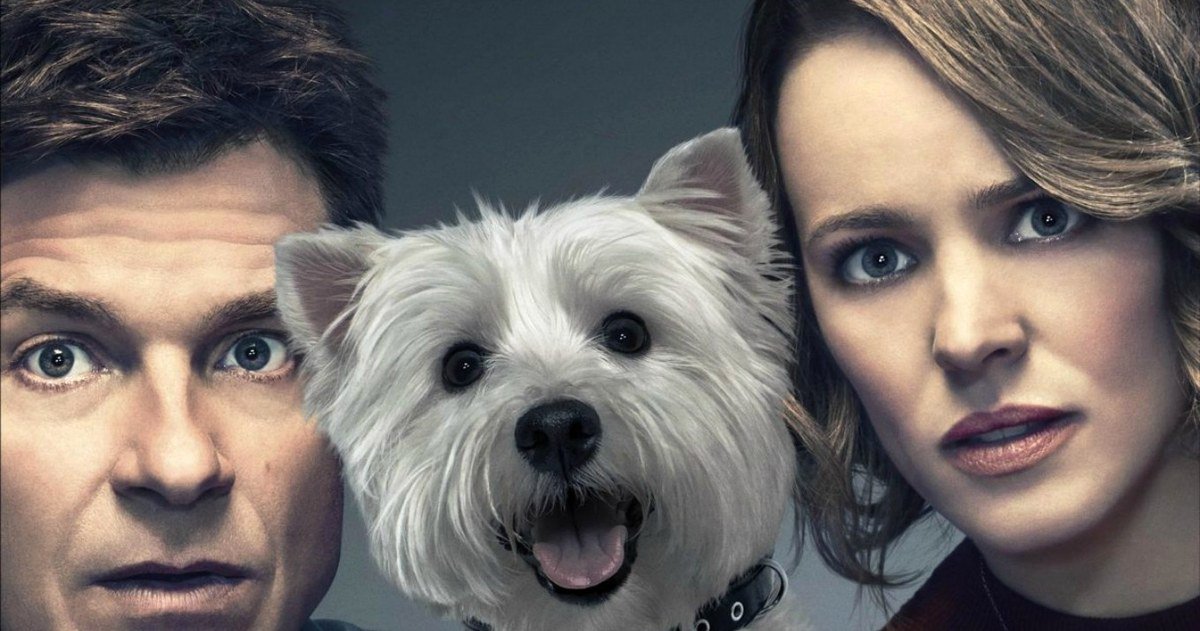Game Night
by Hope Madden
Nobody does dry, self-deprecating humor as well as Jason Bateman. He’s such a natural as the put-upon husband/brother at the center of the Game Night tension, he becomes the action/comedy’s effortless center of gravity.
And the way this story orbits, circles back, veers around and comes back again, gravity is important.
Bateman plays Max who, with his wife Annie (Rachel McAdams), hosts a weekly game night at his house. But Max’s super cool brother Brooks (Kyle Chandler) wants to host this week, and Max’s creepy neighbor Gary (Jesse Plemons, creepy perfection) wants to come. Well, things are spinning out of control, aren’t they?
A tight script by Mark Perez gives a game cast (see what I did there?) plenty of opportunity to riff on each other and nerd up the place. The chemistry onscreen, particularly between couples—each of which is given the chance to create believable unions—elevates the hijinks.
McAdams steals scenes with comic charm, reminding us again of her spot-on timing and ability to generate plausible relationship backstory with anybody. Meanwhile, funny bits from Sharon Horgan and Lamorne Morris, in particular, keep the larger Game Night ensemble from letting the storyline lag.
The easy humor spilling from this cast pulls the film away from absurd comedy and turns it into something more comfortable. Because, even though there may or may not (or may?) have been a kidnapping and they may or may not (or may?) be making things worse, they have actually trained for this moment for years.
Because what is it that will help these couples live through the bizarre and twisted mess their game night has become?
Teamwork.
Directors John Francis Daley and Jonathan Goldstein (Vacation) keep the action low key. This allows the entire effort to indulge in the “so this is happening right now, then? Ok, let’s deal with that” kind of humor that is so characteristically Bateman. The comedy is upbeat and fun (though sometimes surprisingly violent) and true to the characters and their relationships.
It’s consistently fun and ultimately forgettable. Like a game night.









